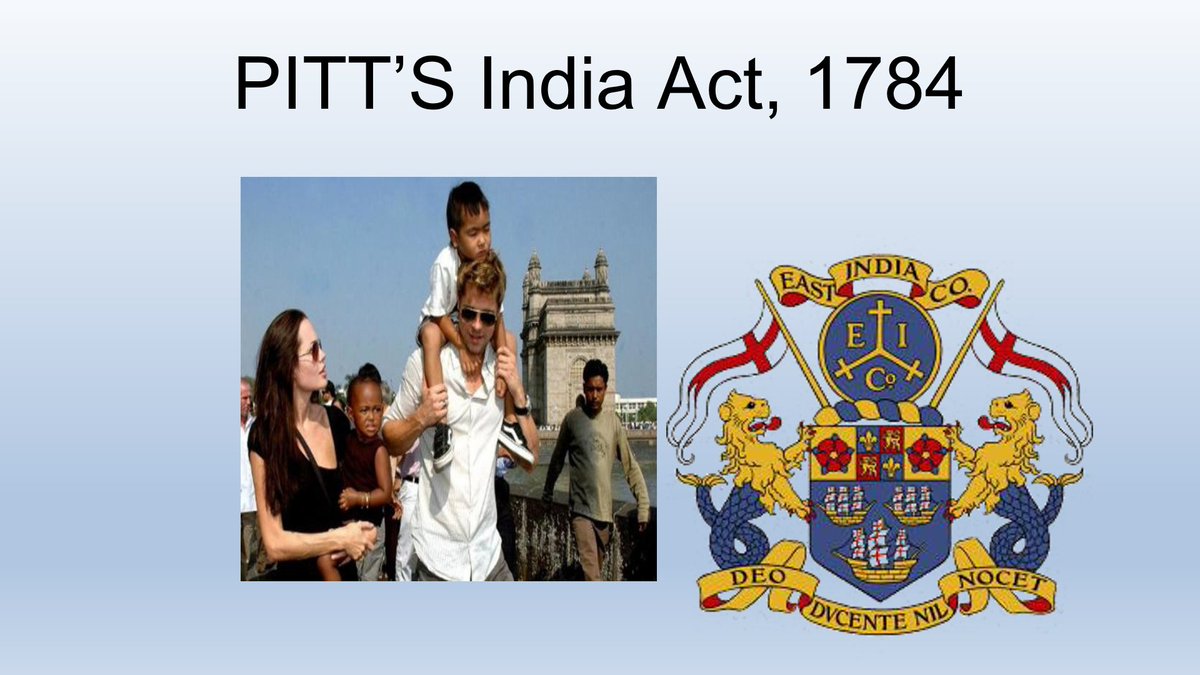Everyone cribs about Fundamental rights, but do you know you have to follow some Fundamental duties as well, which are there in part IV-A of the constitution and in Article 51-A,
Added by 42nd CAA, 1976 and the last one XI was added by 86th CAA, 2002
Let's have a look on them-
Added by 42nd CAA, 1976 and the last one XI was added by 86th CAA, 2002
Let's have a look on them-
1. Abide by the Indian Constitution and respect its ideals and institutions, the National Flag and the National Anthem 

5. Promote harmony and the spirit of common brotherhood amongst all the people of India transcending religious, linguistic and regional or sectional diversities and to renounce practices derogatory to the dignity of women 

7. Protect and improve the natural environment including forests, lakes, rivers and wildlife and to have compassion for living creatures 

10. Strive towards excellence in all spheres of individual and collective activity so that the nation constantly rises to higher levels of endeavor and achievement 

11. Provide opportunities for education to his child or ward between the age of six and fourteen years. 𝐓𝐡𝐢𝐬 𝐝𝐮𝐭𝐲 𝐰𝐚𝐬 𝐚𝐝𝐝𝐞𝐝 𝐛𝐲 𝐭𝐡𝐞 𝟖𝟔𝐭𝐡 𝐂𝐨𝐧𝐬𝐭𝐢𝐭𝐮𝐭𝐢𝐨𝐧𝐚𝐥 𝐀𝐦𝐞𝐧𝐝𝐦𝐞𝐧𝐭 𝐀𝐜𝐭, 𝟐𝟎𝟎𝟐 

• • •
Missing some Tweet in this thread? You can try to
force a refresh

























